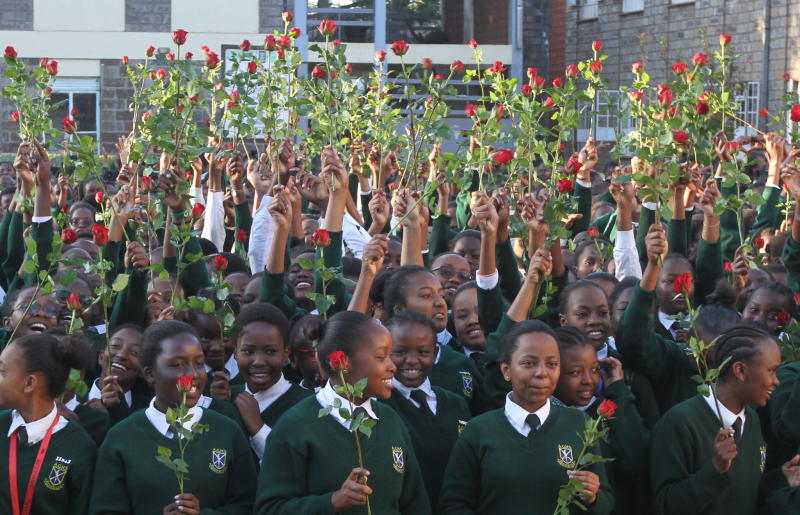×
The Standard e-Paper
Smart Minds Choose Us

Last week’s article on the new Safaricom CEO and whether the school you go through matters elicited lots of responses. The surprising non-respondent was Peter Ndegwa himself.
One high school teacher argued that to produce more Ndegwas, we need more schools like Starehe and equivalent. So what makes a great school? We seem to have spent too much time answering the question on what makes a great corporation.